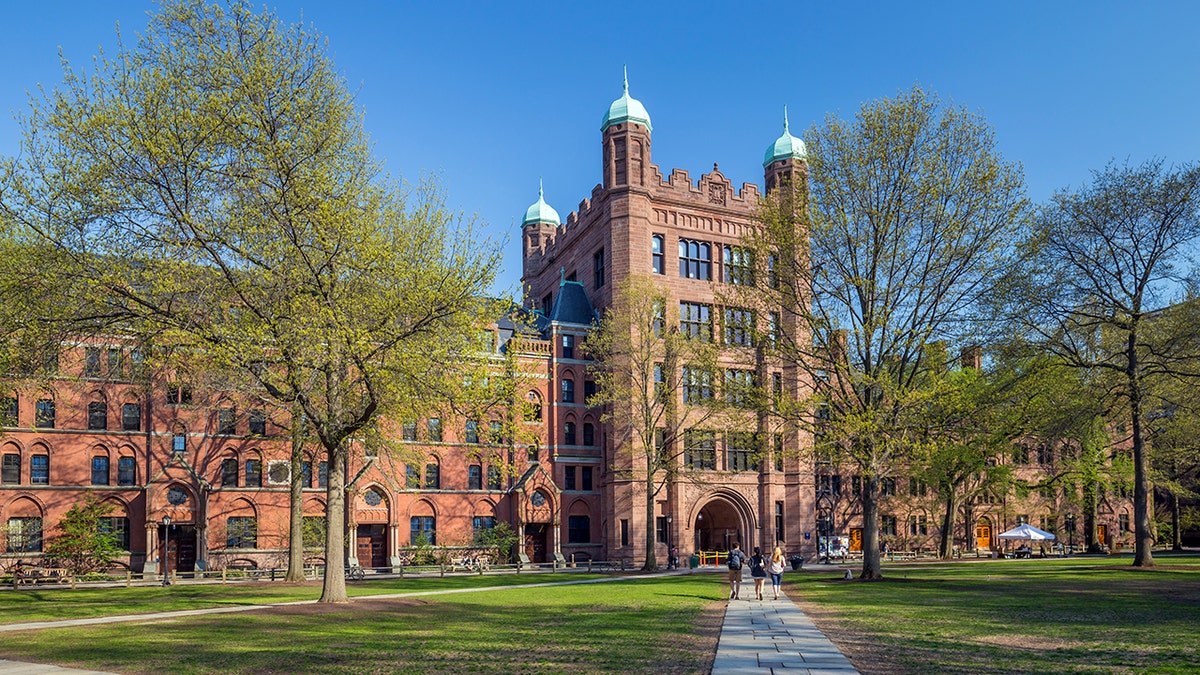College Board adding 'adversity score' to SAT results
The Wall Street Journal reports the adversity score will capture the social and economic background of SAT test takers; reaction from Mary Clare Amselem, education policy analyst at The Heritage Foundation.
The College Board, which oversees the SAT exam used by most U.S. colleges during the admissions process, plans to introduce an “adversity score” which takes into consideration the social and economic background of every student.
The move is likely to reignite the debate over race and class in college admissions.
The new adversity score is being calculated using 15 factors, including the crime rate and poverty level from the student's high school and neighborhood, The Wall Street Journal first reported.
Students won't be privy to their scores but colleges and universities will see them when reviewing applications.
HARVARD WON'T RENEW WEINSTEIN LAWYER AS STUDENT HOUSE DEAN
So far, 50 colleges have used it in making a decision about a prospective student's chances. The College Board plans to expand that to 150 higher learning institutions in the fall. The goal is to use it broadly by 2021.

Yale University is one of the schools that has used adversity scores. The Connecticut-based Ivy has pushed to increase socioeconomic diversity in recent years and has almost doubled the number of low-income students. (istock)
"There are a number of amazing students who may have scored less (on the SAT) but have accomplished more," David Coleman, chief executive of the College Board, said. "We can't sit on our hands and ignore the disparities of wealth reflected in the SAT."
Yale University is one of the schools that has used adversity scores. The Connecticut-based Ivy has pushed to increase socioeconomic diversity in recent years and has almost doubled the number of low-income students.
"This (adversity score) is literally affecting every application we look at," Jeremiah Quinlan, dean of undergraduate admissions at Yale, told WSJ. "It has been a part of the success story to help diversity our freshman class."
Still, it's unlikely the adversity score will be a hit with advocates who have long argued that merit alone should dictate whether a student is allowed admission.
HAVARD DISCRIMINATION TRIAL REVEALS IVY LEAGUE SCHOOL'S DIFFERENT SAT STANDARDS FOR ASIAN-AMERICANS
Many universities like Harvard say a diverse student body is part of the college experience and should be the educational mission of a school. However, there have been several lawsuits filed in recent years that accuse universities of unfair admission practices.
In October, Harvard University's dean of admissions testified the Ivy League school applies different SAT score standards to prospective students based on factors such as race, but insisted the practice is not discriminatory.
Students for Fair Admissions, a group headed by legal strategist Edward Blum, sued the Cambridge, Mass., school in 2014 claiming Asian-Americans, who have the highest academic records, unfairly receive the lowest admission rate at the elite university.
CLICK HERE FOR THE FOX NEWS APP
Similar lawsuits have also been filed against the University of North Carolina at Chapel Hill and the University of California system.
According to a February Pew Research Center survey, 73% of Americans say colleges should not consider race or ethnicity when making admission decisions. Only 7% said race should be a major factor.











































